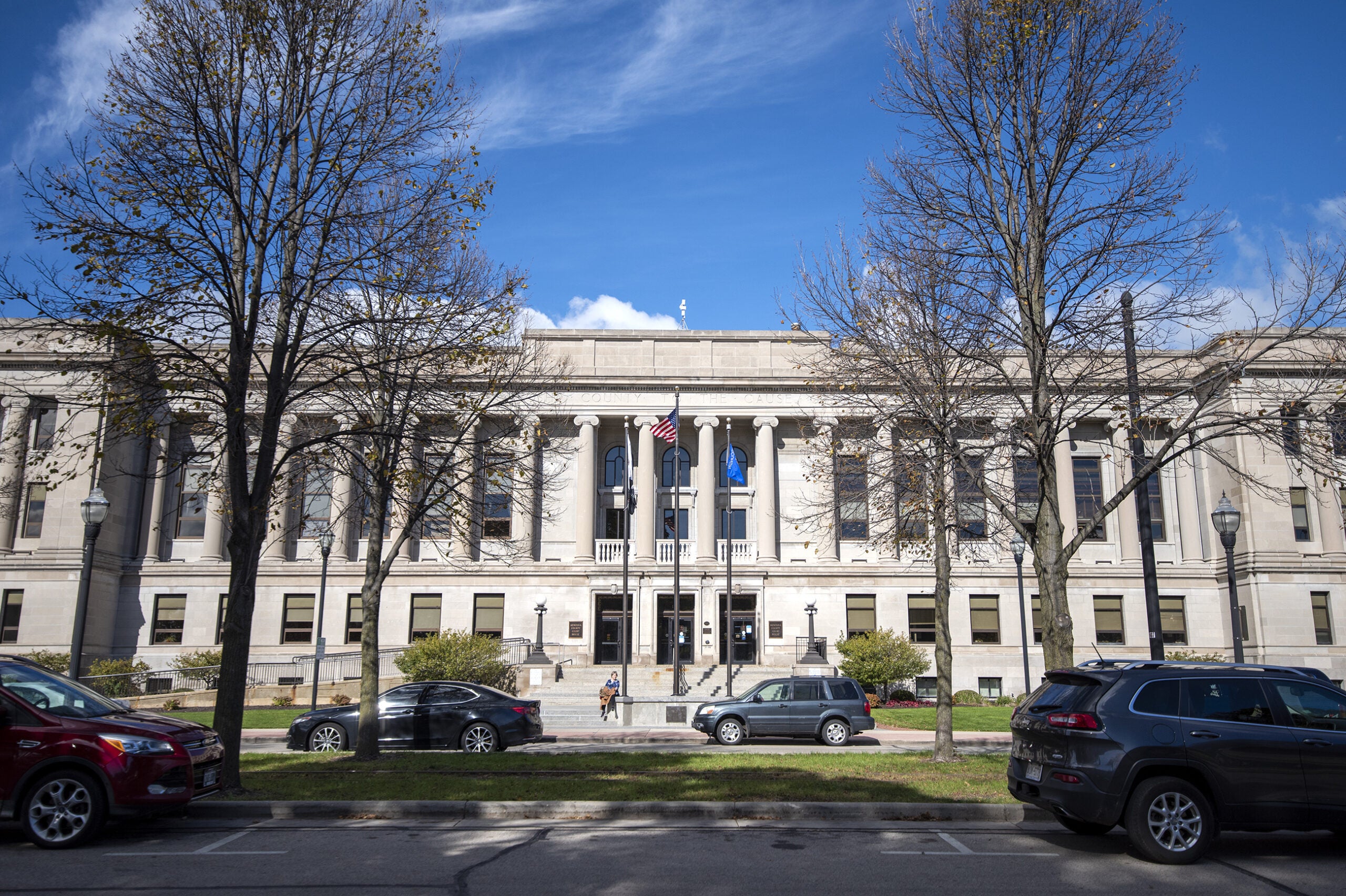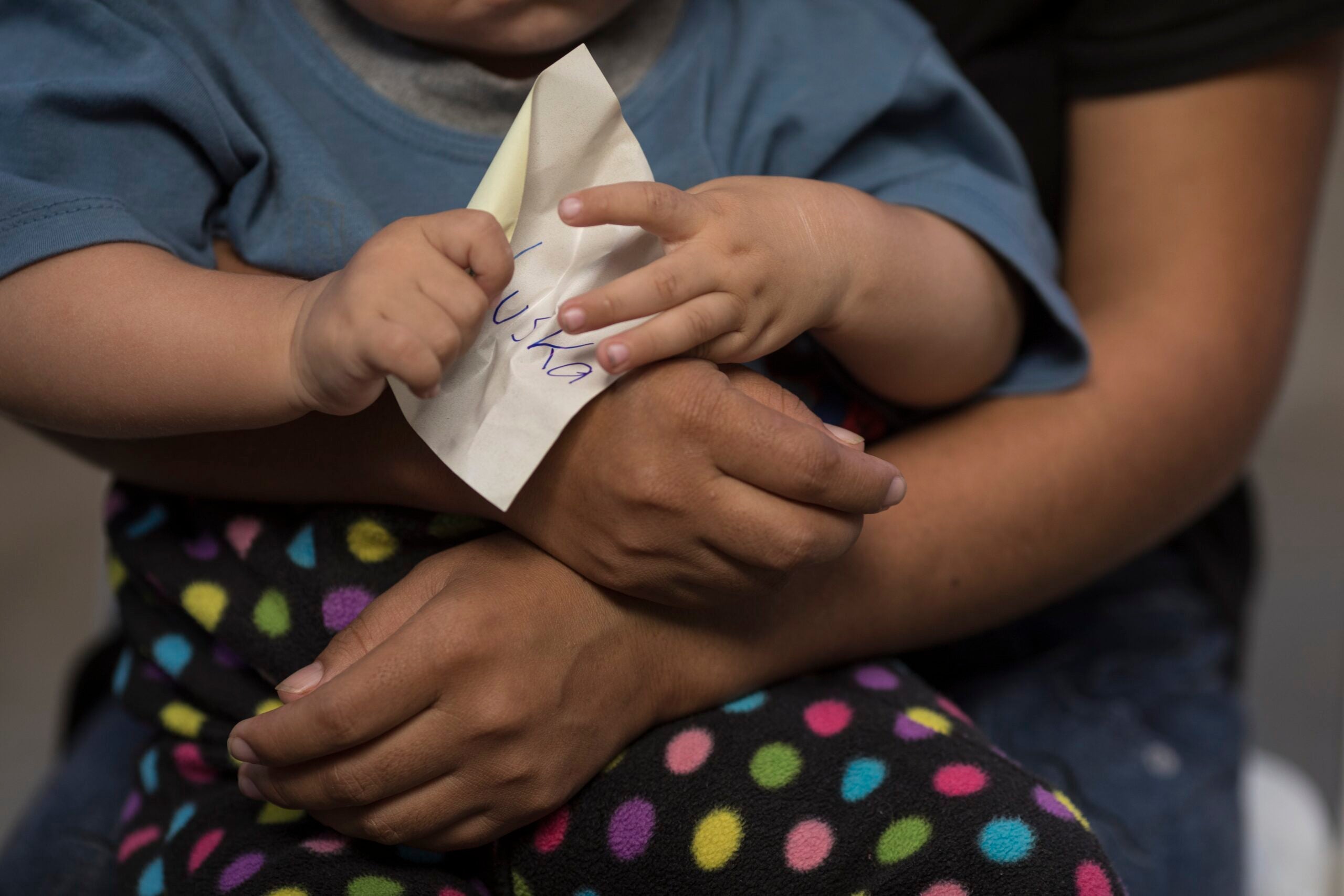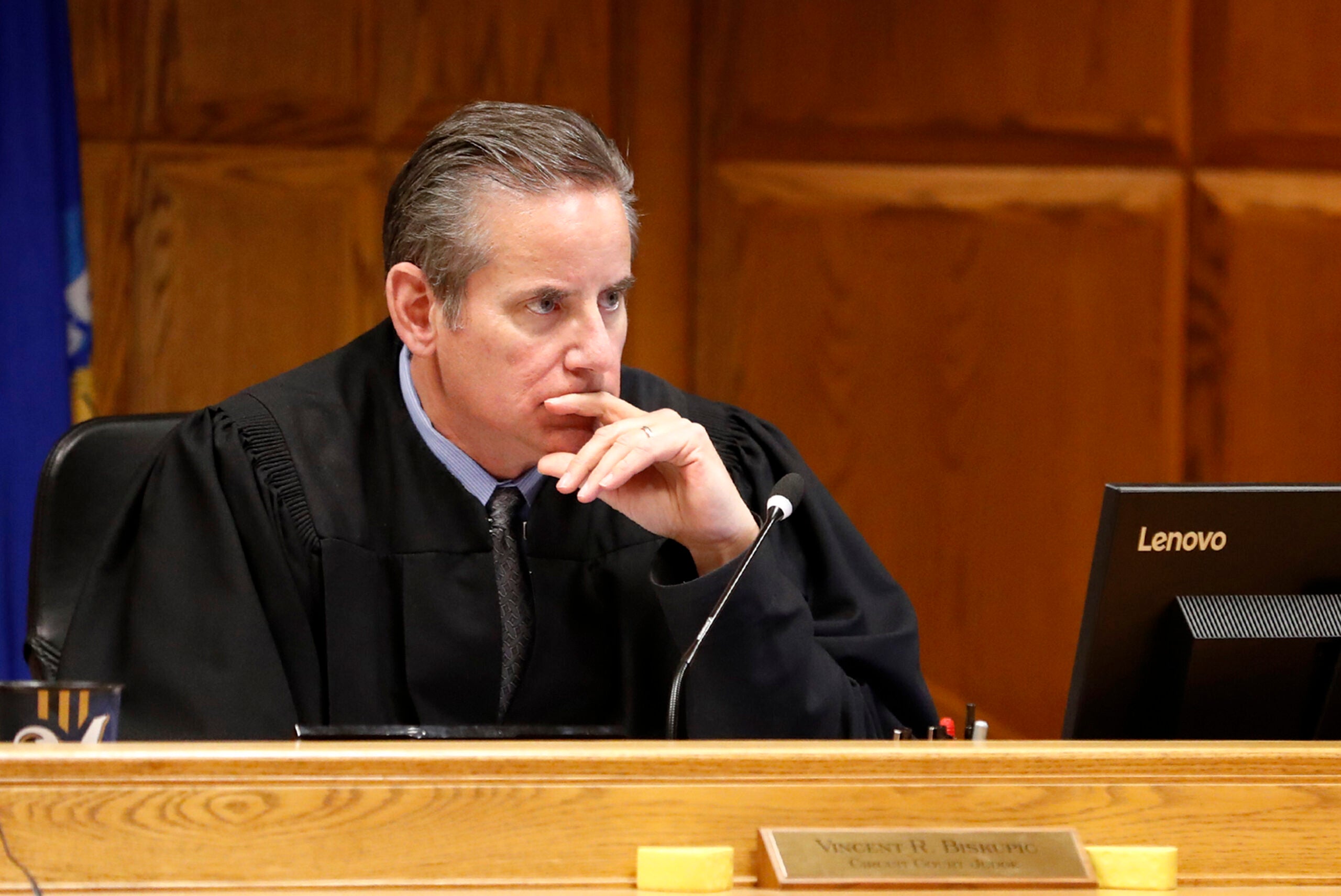It’s rare for people who are wrongfully convicted of a crime to meet the victim whose testimony helped send them to prison, but there are efforts underway to encourage such meetings.
Jennifer Thompson did reach out to the person who she helped convict. She’d been brutally raped in her own apartment in North Carolina by a man who held a knife to her throat. She later picked Randall Cotton out of a police lineup. He served almost 11 years before DNA proved another man had raped her. She told her story at a seminar this week on wrongful convictions and victim rights at the UW-Madison law school.
“For me it was really important to offer Ronald an apology,” she said, “but it was also important for me to understand the damage that had been done to him personally. That was important for me and it was important for him.”
Stay informed on the latest news
Sign up for WPR’s email newsletter.
Thompson and Cotton have written a book together about the damage done to their lives and their ultimate reconciliation. Keith Findley of the Wisconsin Innocence project says among the 17 people the project has helped free, only a handful have resulted in such meetings. When they occur, he said, the result is usually positive.
“They’re usually not blaming the victim, especially in an eyewitness identification case or something like that, where they fully recognize it’s only good faith,” Findley said. “It’s just, ‘mistakes happen.’”
According to Thompson, many victim advocacy groups aren’t doing a good job of helping their clients deal with the results of those mistakes. She says too often, prosecutors encourage victims to remain bitter and angry about the crime and discourage them from seeking reconciliation. She spends her time promoting a more healing approach.
Wisconsin Public Radio, © Copyright 2024, Board of Regents of the University of Wisconsin System and Wisconsin Educational Communications Board.





